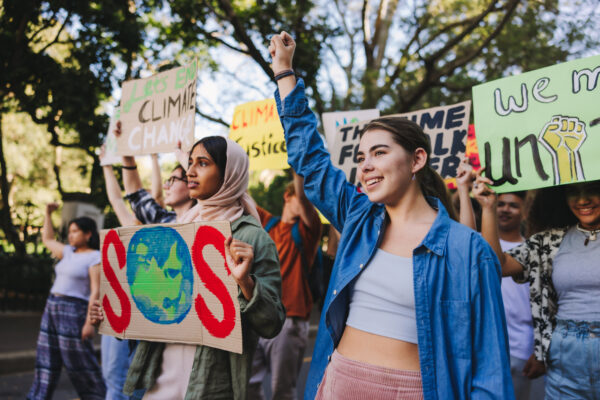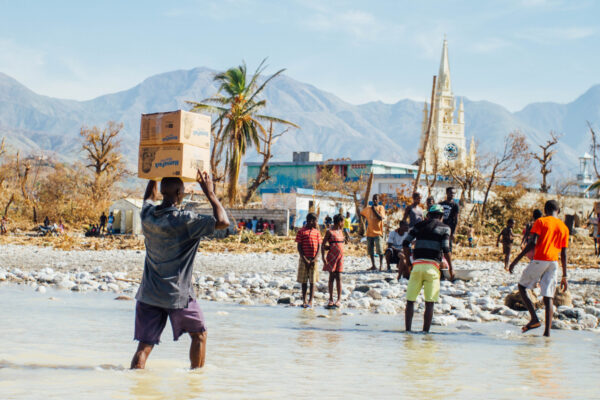Progress on Loss and Damage in Katowice
Olivia Serdeczny, Dawn Pierre-Nathoniel, Linda Siegele
Share

At COP24, developing countries were calling for the inclusion of Loss and Damage in the transparency framework and the Global Stocktake.
We can now say: they succeeded.
Under the newly adopted guidelines for implementing the Paris Agreement, vulnerable countries will have a place to report climate-related losses, what they are doing to deal with them, which could well include the information on the help they need. What is more, assessing information on loss and damage will be part of the five-yearly exercise of evaluating the progress towards implementing the Paris Agreement.
COP24 outcomes
As far as Loss and Damage is concerned, the Katowice climate talks delivered a solid outcome. Loss and Damage is reflected under a separate heading in the guidelines of the transparency framework's section on Impacts and Adaptation. Under the transparency framework, all countries report on the action they have taken to address climate change. The framework is extremely important, as commitments under the Paris Agreement are all voluntary. Transparency is an important tool to check if countries are fulfilling their own goals.
Including Loss and Damage under the transparency framework will enable countries to officially report on the impacts they have suffered in the past and expect to happen in the future, the current and planned activities to avert, minimise and address loss and damage, and the institutional arrangements to implement these activities.
Alongside reporting, they are also free to communicate what kind of support they need to address loss and damage. What is more, reports generated under the transparency framework will be an important input into the comprehensive five-yearly assessment of progress on climate action – the Global Stocktake.
The second key outcome of COP24 on Loss and Damage is that governments have created a space for information on loss and damage to be collected and synthesised as part of the Global Stocktake. It is also important the sources of input for the global stocktake will consider information on averting, minimizing and addressing loss and damage.
The need for scientific information
This is all great news. But it also means a lot of work ahead. Countries will need to actually report their experiences and activities – implemented and planned – in terms of loss and damage. They often lack the capacities to do this.
Information that will feed into the Global Stocktake includes scientific information summarised by the IPCC – this information will need to be generated in the first place. The inclusion of information on loss and damage in the recently published Special Report on 1.5°C is a great first step in this regard. Following the adoption of the Paris Agreement rule book, systematic inclusion of information on loss and damage in the upcoming Special Reports and Sixth Assessment Report is just the more important.
The already booming scientific literature on adaptation limits, observed impacts and attribution will be ever more relevant. Indeed, there is scope for Parties to communicate under Article 7 on the limits to adaptation. Some countries have even gone as far as including a chapter in their National Adaptation Plans that specifically address “limits to adaptation” and loss and damage. Insights into risk management approaches taken by countries to prepare for and address unavoided climate impacts will also be dearly needed.
The Paris Agreement rule book has opened the opportunity to feed these kinds of information into the political process. There is reason to hope that this process will create the evidence-base to comprehensively reflect the costs of climate change, and to inform policy responses to foreseeable unavoidable impacts. This means – all hands on deck to help countries in their reporting and to create the scientific foundation for informed collective action.












